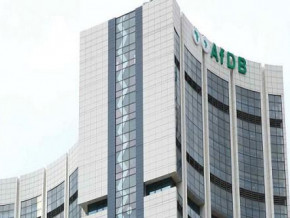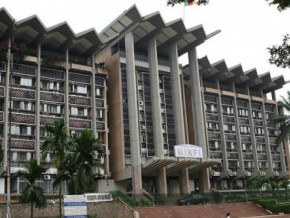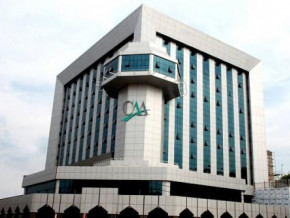
The EU suggests 5 good practices for the improvement of the business climate in Cameroon

(Business in Cameroon) - In its 2020 report on European investments in Cameroon, the European Union (EU) prescribes five “good practices” the country can adopt to improve its business climate.
The first is access to financing. In that regard, the EU suggests technical assistance and financing to local banks to increase local companies’ access to loans at reasonable costs. At the same time, it suggests the country should create financing lines for long-term loans to boost economic recovery and improve the business climate. Still in the access to financing segment, the country is advised to set up an alternative financing scheme for new services (innovation or green industries for instance) and foster sustainable development and a digital economy.
The second good practice is for business simplification, which entails streamlining administrative procedures and digitalizing procedures to increase speed and accountability.
The third recommendation is technical assistance to streamline tax administration, reduce costs, and boost transparency. In that regard, the EU suggests an extension of tax payment deadlines while reducing deadlines for VAT refunds.
The fourth good practice concerns commercial law. The European Union suggests the country should support the International Investment Law and Arbitration, dematerialize commercial disputes to boost efficiency and transparency (by reducing procedures and monitoring them). The international institution also advises good supervision of the implementation of competition laws (in the services law particularly), the creation of independent commercial mediation institutions, and ensuring legal certainty.
Finally, the fifth good practice concerns good governance. In that regard, the European Union suggests the dematerialization of tenders to ensure transparent monitoring and support a zero-tolerance policy for all the firms involved in corruption.
Sylvain Andzongo
Mags frontpage
- Most read 7 days
- shared 1 month
- read 1 month






























